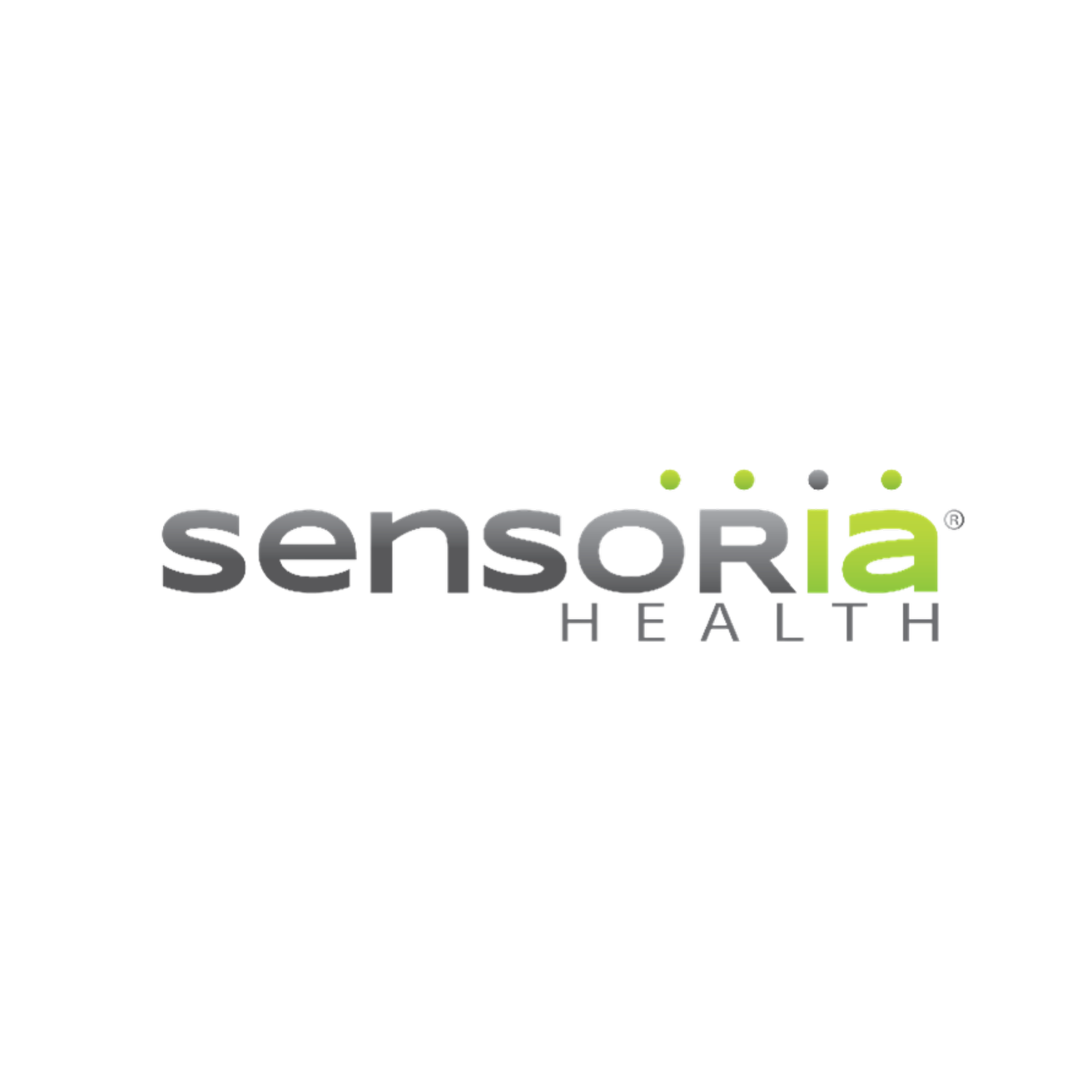Navigating the Ethical Challenges of AI and Large Language Models: The Path Forward
The concept of Beneficial AI: Inspired by Forbes new article titled: "The next wave of AI won’t be driven by LLMs. Here’s what investors should focus on instead."
As the use of Large Language Models (LLMs) continues to expand across various sectors, the ethical challenges associated with these technologies have become increasingly prominent. Issues like bias, misinformation, and potential misuse have raised critical questions about their impact on society. However, the next wave of AI research is dedicated to addressing these challenges head-on, with the aim of aligning LLMs with human values and ensuring they produce accurate, fair, and unbiased results.
The Ethical Landscape of LLMs
Bias
One of the most significant ethical challenges in AI solutions and LLM deployment is bias. These models are trained on vast datasets that often reflect historical prejudices and societal inequalities. As a result, they can inadvertently perpetuate stereotypes or generate biased outputs, which is especially concerning in sensitive applications such as hiring, law enforcement, and healthcare. Addressing bias requires a multifaceted approach, including better data selection, curation, algorithmic transparency, and the involvement of diverse stakeholders in the development process.
Misinformation
The potential for misinformation is another pressing issue. LLMs can generate text that appears credible but is 100% factually incorrect, contributing to the spread of false information. This becomes particularly dangerous in high-stakes industries where accurate data is crucial, such as healthcare and legal services. Research efforts are underway to improve the models’ ability to fact-check their outputs and enhance their reliability, but challenges remain in establishing trustworthiness.
Misuse
Misuse of LLMs poses a significant ethical concern. From generating misleading news articles to creating deepfakes, the potential for malicious applications is vast. To mitigate this risk, developers and researchers must implement robust safeguards and encourage responsible usage. Ethical guidelines and regulatory frameworks are essential to guide the deployment of LLMs and ensure they are used for beneficial purposes.
Aligning AI with Core Values in Healthcare and Beyond
The future of AI hinges on our ability to align these systems with human values. This involves not just technical improvements but also a commitment to ethical considerations at every stage of development. Collaborative efforts among AI researchers, clinicians, ethicists, policymakers, and industry stakeholders will be crucial in creating guidelines that prioritize fairness, transparency, and accountability.
Beneficial AI Initiatives
"Beneficial AI" isn't a specific organization, but rather an orthogonal concept that encompasses various initiatives and organizations focused on ensuring that artificial intelligence driven solutions and technologies are developed and used in ways that are safe, ethical, and beneficial to humanity.
Several groups, like the Partnership on AI, the Future of Life Institute, and various academic and industry coalitions, work toward these goals, promoting research and guidelines to ensure AI aligns with human values and serves the public good. By advocating for responsible AI practices, they emphasize the need for technologies that enhance human well-being and address societal challenges. Their work encourages the development of LLMs that are not only effective but also ethical, fostering trust among users and stakeholders alike.
Case Study: Sensoria Health
A notable example of ethically driven AI applications can be seen in the work of Sensoria Health. Our company leverages AI technologies to support healthcare providers in making data-informed decisions while prioritizing patient care. Sensoria Health’s commitment to minimizing bias and ensuring accurate outcomes exemplifies how ML/AI can be integrated responsibly into high-stakes industries. Our efforts highlight the importance of using AI to enhance rather than compromise ethical standards in healthcare.
The Road Ahead
The path forward for LLMs is not without its hurdles, but the commitment to tackling ethical challenges offers hope for the future. By prioritizing bias mitigation, misinformation prevention, and misuse avoidance, we can unlock the full potential of AI technologies. The collaboration between organizations like Beneficial AI and Sensoria Health serves as a model for how ethical considerations can be embedded in AI development.
As we navigate this complex landscape, it is essential to engage in ongoing discussions about the ethical implications of AI. The success of AI adoption in high-stakes industries like healthcare, law, and education will ultimately depend on our ability to create AI solutions and systems that are honest, benefiting all people and are aligned with our core values and that serve the greater good. By prioritizing ethical practices now, we can pave the way for a future where AI enhances human capabilities and fosters a more equitable society.
